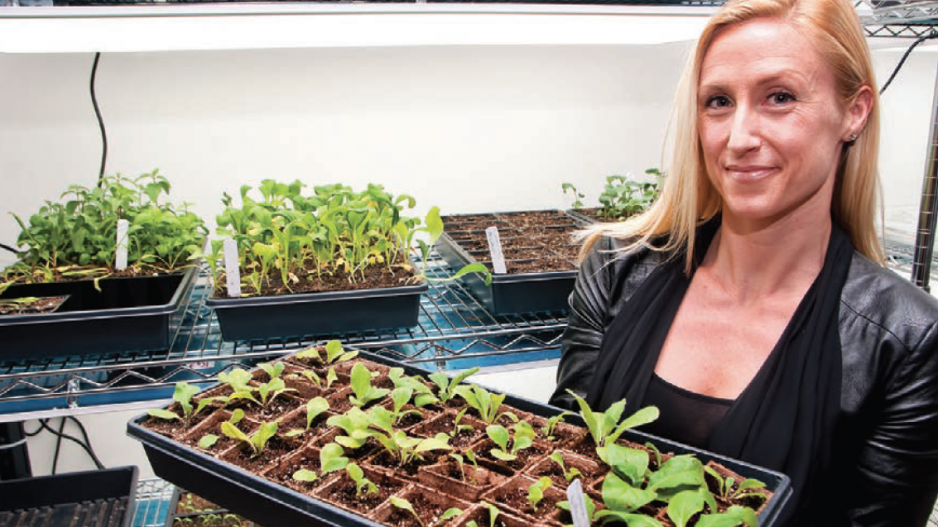Small businesses are establishing Vancouver as a clean-technology hub.
The city now has Canada’s largest concentration of clean-tech companies, and 79%, according to a KPMG report, are small businesses.
“If you talk to the clean-tech companies, most of them started with just a few people trying to solve a major problem,” said Karn Manhas, founder and CEO of Terramera,,a Vancouver-based biopesticide company.
Terramera was no different.
Manhas started the company in his basement to find an environmentally friendly alternative to chemical pesticides. Manhas and Terramera now occupy an office space on Seymour Street and have an off-site laboratory.
While Vancouver’s clean-tech sector is primarily composed of small businesses, the industry should not be underestimated.
“Most of the clean-tech companies are small businesses, but many are also growing very fast,” said Manhas.
Terramera, he said, has quadrupled in the last 18 months.
The industry is also expected to grow exponentially. KPMG predicts that B.C.’s clean-tech sector will generate revenue of $2.9 billion in 2017, a 61% increase from 2016’s $1.8 billion.
Growth in the clean-tech sector depends on continued innovation and lower prices because success for companies depends on their green alternatives working better and being cheaper than their conventional counterparts.
Minto Roy, co-founder of Social Print Paper, told Business in Vancouver that his company’s treeless commercial printer paper had to perform better and be a less expensive alternative than its competitors if it hoped to be successful.
The same game plan has also been essential to Terramera’s success.
Because many of Terra
mera’s customers are businesses, operating cost savings increase overall profits. Price competitiveness is a necessary component because often businesses are not willing to sacrifice profit for environmental considerations.
Clean-tech companies also have to convince consumers and investors that their green product is as good as or better than traditional products.
Terramera developed technology that targets organic compounds more effectively. It also uses its proprietary technology to develop its own products. •




